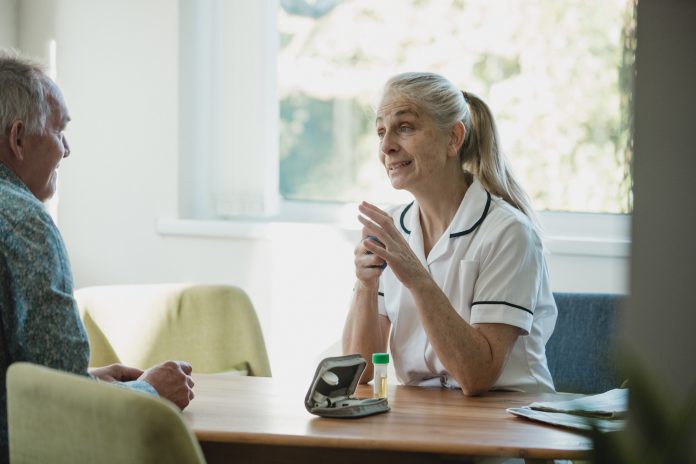A Diabetes UK survey of more than 2,000 adults with diabetes from across the UK found that 15% have needed specialist emotional support to help them cope with the demands of living with the condition within the last year
The findings also showed that three-quarters of those who needed specialist emotional support could not access it.
A petition calling for better emotional and mental health support for people with diabetes gathers 22,000 signatures
These findings are supported by further evidence from the charity that emotional and mental health support are a growing priority for people living with diabetes. The Diabetes UK helpline received nearly 3,000 calls in 2018 from people who wanted emotional support, which is 37% of all inbound calls. That’s the highest percentage of calls for advice on a single topic, with other topics ranging from advice on diet and lifestyle to treatment and insulin.
In diabetes, mental and physical health have a two-way relationship. While the demands of living with the condition can affect how people feel; struggling emotionally can make it even more difficult to keep on top of diabetes management. And when diabetes cannot be well managed, the risk of dangerous complications increases.
Economic analysis shows that poor mental health increases the average cost of NHS service use by each person with a long-term condition from approximately £3910 to £5670 per year.
When emotional and mental health support is part of diabetes care, people can manage their condition better, and in turn pressure on services is reduced and money is saved. But the provision of such services is extremely patchy across the UK.
A Diabetes UK petition signed by 20,000 people is urging the government to ensure that all health services in the UK create national standards for diabetes and emotional and mental health support. The charity wants to see measures to ensure every person is asked how they are feeling like part of every diabetes appointment, and that a mental health professional with knowledge of diabetes is part of every diabetes care team.
Chris Askew, Chief Executive of Diabetes UK, said:
“With 3.8 million people diagnosed with diabetes in the UK, there is now a real and urgent need for all services to recognise the impact the condition can have on people’s mental health, and take decisive action.
“People with diabetes deserve care that sees and supports the whole person, based on their personal needs, experiences and circumstances. Everyone affected by the condition must have access to the support they need, when they need it, to help improve both their mental and physical health and ultimately, their quality of life.”
The petition will be handed over to the Department of Health on 24 July. Laura Jane Bull, 26, will be attending the petition hand in. Laura has been living with Type 1 diabetes since she was 23. Her condition has put a significant strain on her mental health, but she’s had to rely on the diabetes community for emotional support and believes this support needs to be formalised within healthcare provision. She said:
“There should be a formal conversation about where people can find support should they need it. All of the connections I’ve made are due to me being proactive but there doesn’t seem to be any provision for people who wouldn’t think to reach out. Every time a physical problem arises [with my diabetes], my immediate reaction is emotional. For me, it’s almost mourning the carefree life I had.”
To find out more about Diabetes UK’s campaign for mental health support and diabetes care, go to www.diabetes.org.uk/missing











